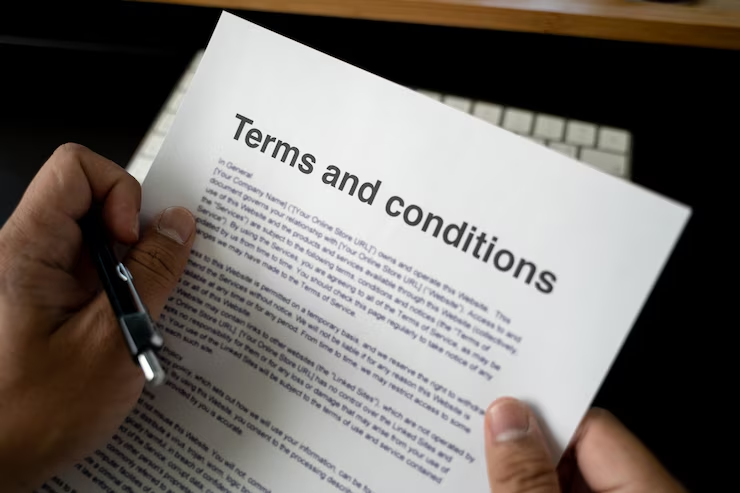Demystifying Attorney-Client Privilege
Understanding the Importance of Attorney-Client Privilege
Attorney-client privilege is a cornerstone of the legal system, ensuring confidentiality and fostering trust between a lawyer and their client. When seeking legal advice, many individuals are naturally concerned about the privacy of their discussions. Understanding this privilege is essential in making informed decisions when consulting with a lawyer.
What is Attorney-Client Privilege?
The attorney-client privilege is a legal protection that maintains the confidentiality of communications between a lawyer and their client. This applies to all forms of communication, whether they are written, oral, or electronic. This privilege ensures that sensitive information shared with a lawyer remains private.
Conditions for the Privilege to Apply
For the attorney-client privilege to be valid, specific conditions must be met. The communication must strictly be between a lawyer and their client. It must also be intended to be confidential and related to seeking or receiving legal advice. This clear boundary allows clients to open up to their lawyers without fear of exposure.
Exceptions to Attorney-Client Privilege
While this privilege is robust, it's not absolute. If a client shares confidential information with third parties, the protection may be compromised. Communications involving the planning of ongoing crimes or imminent harm are not protected under this privilege. Additionally, if privileged documents are shared beyond the client-lawyer relationship, they may lose their protected status. With the rise of AI, it is important to remember that ChatGPT, Claude, Gemini, or any other AI platform constitutes a third-party, and would waive the protections under this privilege. Be sure not to share your communications with your attorney with AI.
What This Protection Means for Clients
Attorney-client privilege safeguards clients by ensuring their lawyers cannot be compelled to testify against them. Furthermore, privileged communications are exempt from being disclosed or used against the client during legal proceedings, including litigation and under the Public Records Act. This protection empowers clients to communicate openly with their legal representatives.
Maintaining Your Legal Privacy
Attorney-client privilege is designed to protect individuals' rights and promote candid interactions with lawyers. Understanding the limitations and conditions of this privilege is vital to avoid unintentional breaches. Should you have concerns about confidentiality in your legal matters, consulting with a legal professional is strongly advised. Recognize the power of attorney-client privilege as a tool for protection and open communication. If you're uncertain about how it applies to your specific situation, reaching out for legal guidance will provide the clarity and assurance you need.








